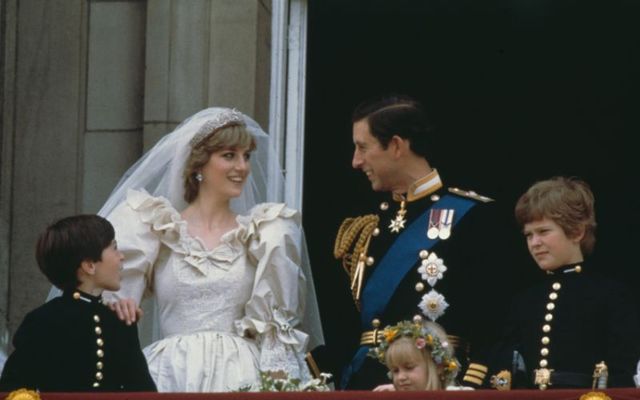Irish Government officials worried that then-President Patrick Hillery's decision to decline an invitation to the wedding of Prince Charles and Lady Diana in 1981 would be perceived as a snub, according to newly declassified State Papers.
Hillery decided that he would not attend the wedding shortly after receiving an invitation from Buckingham Palace, prompting senior officials at the Department of Foreign Affairs to worry about how to word the formal reply.
Officials said Hillery's decision to reject the invitation would have to be carefully worded to avoid sounding like a snub.
"To simply convey regrets at being unable to attend without a plausible reason would be difficult and could well be misinterpreted both domestically and internationally," officials stated in 1981, according to the newly released State Papers.
"The press will certainly ask the reason for the non-attendance."
Officials stated that protocol dictated that the Irish President should accept an invitation from the head of state of a friendly country unless there were "compelling arguments against this course of action".
Officials at the Department of Foreign Affairs additionally noted that there were sensitivities over the timing of the Royal wedding, which took place during the H-Block hunger strikes at the HM Prison Maze in Northern Ireland.
"The present state of Anglo-Irish relations … would ensure that there would be much unfavorable comment [in the Republic] if the President were to attend the Royal wedding," department officials noted.
Irish Ambassador to the UK Edward Kennedy eventually wrote to Buckingham Palace explaining that Hillery could not attend the Royal wedding due to a prior engagement. Kennedy later attended the wedding in Hillery's place.
The British press blasted Hillery for not attending the wedding, with grand secretary of the Grand Orange Lodge of Scotland David Bryce describing the Irish President as a "backwoodsman living in the past".




Comments